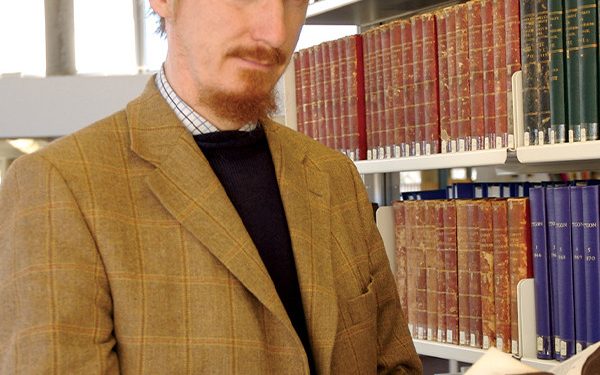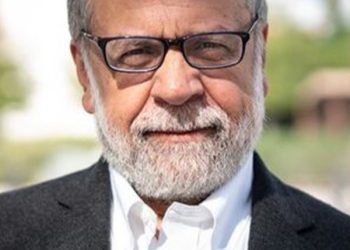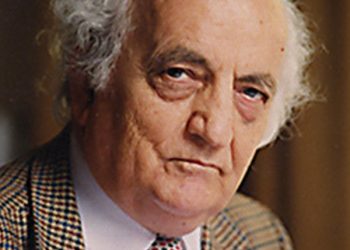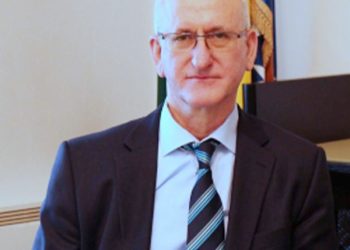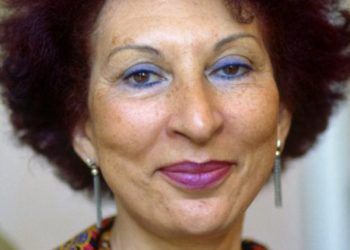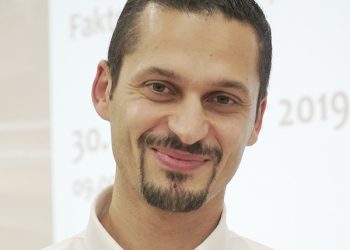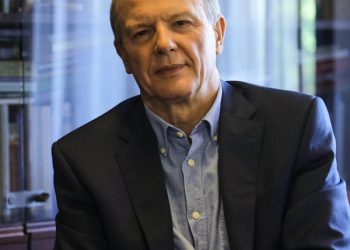Abdul Hakim Murad was born Timothy John Winter in 1960 and converted to Islam in 1979. He is a British academic, theologian and Islamic scholar of the Sufi school. Abdul Hakim Murad is currently a lecturer in Islamic Studies at Cambridge University. In addition to English, he speaks Persian, Turkish and Arabic. His research interests include Islamic theology, modernity and British-Muslim relations. He has translated many Islamic texts and is fluent in Qur’anic Arabic. As a Muslim, Winter took the name Abdulhakim Murad and studied for three years under Muslim teachers at Al-Azhar, one of the most important schools in the Islamic world. He lived for three years in Jeddah, where he established a translation center with Habib Ahmed Mashhur al-Haddad and communicated with Islamic circles in Yemen and Hadramawt. He returned to England in 1989 and studied Turkish and Persian for two years at the University of London. In 1992 he completed a PhD on “The Religious Life of the Ottoman Empire” at Oxford University.
In 1996 he became an associate professor of “Islamic Studies” at Cambridge University (Sh. Abdal Hakim Murad | masud.co.uk, n.d.). He has translated many important works into English, notably Imām al-Ghazālī’s Ihya-i Ulūmuddin, and has promoted his works in special programs. Abdulhakim Murad has been a frequent interviewee on BBC radio and has occasionally written for magazines such as The Independent, Q-News International and Britain’s Premier Muslim Magazine. He is a lecturer and dean of the Faculty of Theology at Cambridge University and lives in Cambridge with his wife and children. He was effective person in opening the Cambridge Central Mosque for worship and has been regularly leading Friday prayers since its opening. He has preached in major mosques in Australia, Singapore, Malaysia, Spain and the United States. Recordings of his speeches are available on the Cambridge Khutbas website (Erken, 2010).
In his book Finding the Qibla in the Postmodern World-2003, the author does not aim to make a judgment on the issues he deals with, but to show what problems the current conditions may cause. In his work, Abdülhakim Murad draws attention to the chronic issues of the age we live in, the issues that Muslims have been discussing for centuries, and especially the social collapse in the Western world, and states that false salvation prescriptions are dragging people into today’s postmodern lives (Çakmak, 2005). Understanding Islam and Muslims: The Muslim Family and Islam and World Peace -2002, a book designed to debunk misunderstandings about Islam and Muslims, provides short and clear answers to frequently asked questions about the Islamic faith in a question-and-answer format (Governeur, 2002). Understanding the Four Madhhabs: The Truth About Ijtihad and Taqlid, he outlines the answers of the great Shari’ah scholars to questions about the problems facing Muslims. He argues that realizing that following the Qur’an and Sunnah is obligatory on every Muslim is possible only if we follow the path of the scholars and mujtahids and build the Shari’ah on the basis of revelation.
References
Çakmak, M. (2005). Postmodern Dünyada Kıbleyi Bulmak . İslam Araştırmaları Dergisi , (13) , 140-144 . https://dergipark.org.tr/tr/pub/isad/issue/68711/1080217
Erken, M. (2010). Kıbleni mi şaşırdın ey müslüman. Dünya Bizim. Retrieved from https://www.dunyabizim.com/portre/kibleni-mi-sasirdin-ey-musluman-h4242.html
Sh. Abdal Hakim Murad (t.y.). Retrieved from 4 March 2022. http://masud.co.uk/authors/abdal-hakim-murad/
Valisi, A. (2002). Understanding Islam and the Muslims-The Muslim Family-Islam and World Peace (T.J. Winter). The American Muslim. Retrieved from http://www.theamericanmuslim.org/tam.php/features/print/book_review_understanding_islam_and_the_muslims_the_muslim_family_islam_and





































